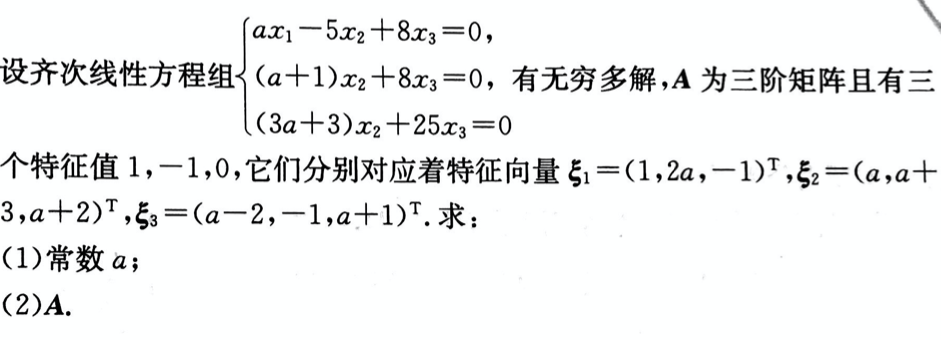First two hours,now three hours—this is how far in advance authorities are recommending people show up to catch a domestic flight,at least at some major U.S.airports with increasingly massive security lines.Americans are willing to tolerate time-consuming security protocols in return for increased safety.The crash of Egypt Air Flight 804,which terrorists may have downed over the Mediterranean Sea,provides another tragic reminder of why.But demanding too much of air travelers or providing too little security in return undermines public support for the process.And it should:Wasted time is a drag on Americans'economic and private lives,not to mention infuriating.Last year,the Transportation Security Administration(TSA)found in a secret check that undercover investigators were able to sneak weapons—both fake and real—past airport security nearly every time they trieD.Enhanced security measures since then,combined with a rise in airline travel due to the improving economy and low oil prices,have resulted in long waits at major airports such as Chicago's O'Hare International.It is not yet clear how much more effective airline security has become—but the lines are obvious.Part of the issue is that the government did not anticipate the steep increase in airline travel,so the TSA is now rushing to get new screeners on the line.Part of the issue is that airports have only so much room for screening lanes.Another factor may be that more people are trying to overpack their carry-on bags to avoid checked-baggage fees,though the airlines strongly dispute this.There is one step the TSA could take that would not require remodeling airports or rushing to hire:Enroll more people in the PreCheck program.PreCheck is supposed to be a win-win for travelers and the TSA.Passengers who pass a background check are eligible to use expedited screening lanes.This allows the TSA to focus on travelers who are higher risk,saving time for everyone involveD.TSA wants to enroll 25 million people in PreCheck.It has not gotten anywhere close to that,and one big reason is sticker shock:Passengers must pay$85 every five years to process their background checks.Since the beginning,this price tag has been PreCheck's fatal flaw.Upcoming reforms might bring the price to a more reasonable level.But Congress should look into doing so directly,by helping to finance PreCheck enrollment or to cut costs in other ways.The TSA cannot continue diverting resources into underused PreCheck lanes while most of the traveling public suffers in unnecessary lines.It is long past time to make the program work.
Which of the following would be the best for the text?
- A.Less Screening for More Safety
- B.PreCheck–a Belated Solution
- C.Getting Stuck in Security Lines
- D.Underused PreCheck Lanes
正确答案及解析
正确答案
解析
主旨题。本题考查考生对全文的整体把握。文章第一段讲现象:机场登机极为耗时;第二段解释现象原因(为安全),但指出登机过分废时影响公众对机检支持度;第三段点出(美国)运输管理局(TSA)发现机场机检的有效性并进一步提升起安检举措,加上经济发展和石油价格下降,登机队伍愈发冗长,进一步引出话题:机场长队伍问题(安检成效未知,但登机队伍过长);第四段解释登机队伍过长的原因;第五段提出TSA针对这一问题介绍“提前安检”项目;第六段指出“提前安检”的弊端;最后一段进一步指明“提前安检”有待进一步完善。选项[A]“‘困’在安检队伍中”为现象,选项[C]“少些扫描,多点安全”是细节,选项[D]“未充分利用的‘提前安检’”亦是细节;故本题选B“‘提前审查’--迟来的方案”。




